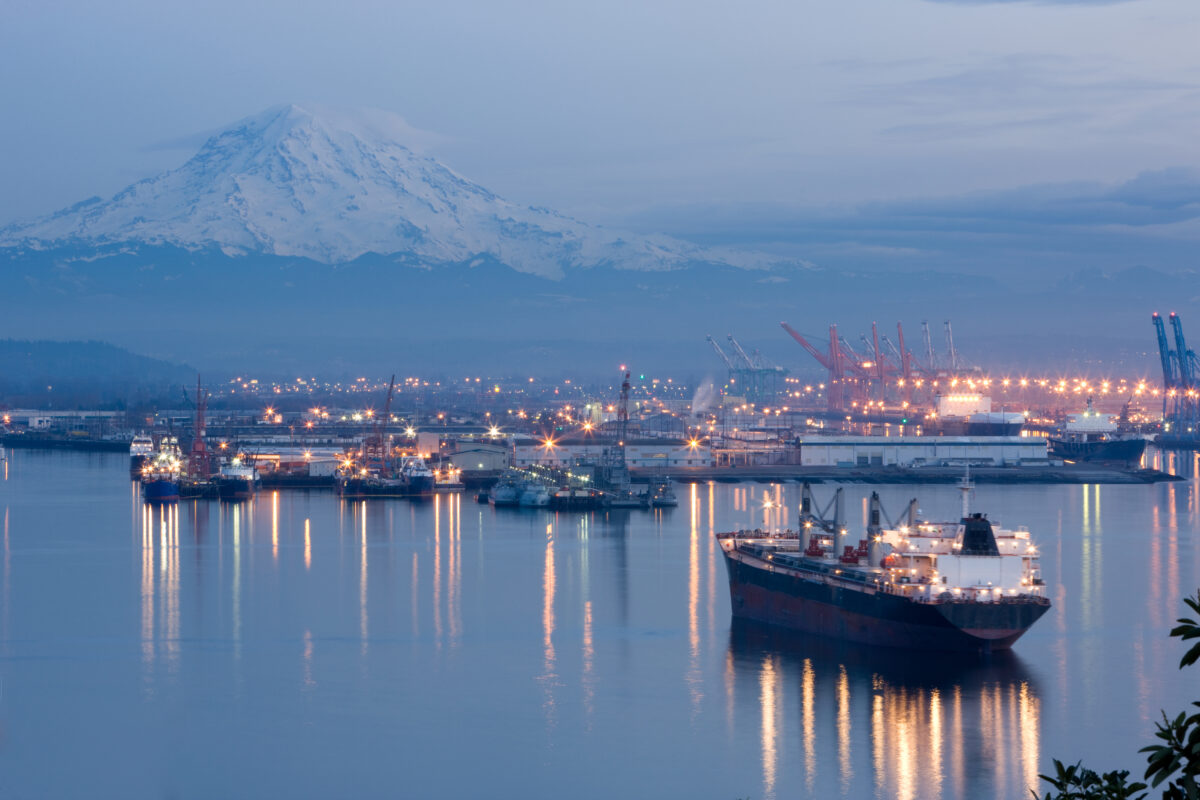Port of Tacoma advances carbon neutrality target by a decade
The Port of Tacoma Commission has voted unanimously to phase out greenhouse gas (GHG) emissions under the port’s direct control by 2040, advancing its target from 2050.

The commission examined Scope 1 and Scope 2 GHG emissions, which include direct emissions from port-owned and managed buildings and vehicles, as well as power purchased for port operations.
This is in contrast to Scope 3 emissions, which come from sources that the port does not directly control, such as cargo ships, drayage trucks, and facilities leased to private enterprises.
Deanna Keller, Port of Tacoma Commission President, said: “The port takes seriously our commitment to the environment and clean air.
“Accelerating our net zero emission target gives us an opportunity to demonstrate climate leadership and take action where we have direct control.”
Strategies for port-controlled assets include purchasing electric vehicles, replacing natural gas in buildings with electricity, and buying renewable fuels to displace fossil fuels.
The Port of Tacoma could also purchase offset credits for remaining emissions that can’t be eliminated by other measures.
The port’s effort is part of the regional Northwest Ports Clean Air Strategy for phasing out seaport-related emissions.
Port of Tacoma is a managing member of The Northwest Seaport Alliance (NWSA), which oversees container operations in both Tacoma and Seattle.
The NWSA is responsible for much of the Scope 1 and Scope 2 emissions that occur in Tacoma Harbour, and the NWSA’s Environmental Working Group is contemplating accelerating Scope 1 and Scope 2 objectives in a similar manner.
In addition, the Port of Tacoma is collaborating with the NWSA to minimise Scope 3 emissions through projects such as the Husky Terminal Shore Power project and the South Intermodal Yard Electric Yard Tractor Project.
This month, NWSA applauded the launch of the Puget Sound Zero-Emissions Truck Collaborative (Collaborative).

